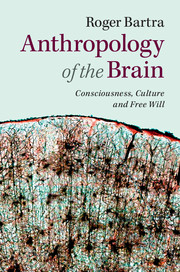Book contents
19 - Freedom in play
Published online by Cambridge University Press: 05 June 2014
Summary
Play is one of the human activities that has most often been associated with freedom. When humans play, they are in that peculiar space where their activities do not seem to be necessary or useful, and where free will rules. The best studies on play have not ceased to point out that it is a free and apparently superfluous behavior. Johan Huizinga, in his extraordinary book, Homo ludens, states that one of the main characteristics of play is that it is free. Jean Piaget, the great psychologist, says that play “is the free activity par excellence”; he thinks that children’s play is accompanied by a feeling of freedom and that it announces art, which is the expansion and flourishing of this spontaneous activity. And Roger Caillois, in his brilliant reflection on play, establishes freedom as its first characteristic.
Play is a free and voluntary activity that at the same time involves a regulated order. This combination places play on the same plane as other exocerebral expressions such as music, dance, and the visual arts. All forms of play follow rules and at the same time are the result of free voluntary decisions in which it is difficult to see an immediate function or usefulness. Games of competition establish rules to ensure equal opportunities and to direct the development of the confrontation, whether they are in sports (soccer, racing, track and field) or of an intellectual nature (chess, go, checkers). In simulation games, in which the participants play the role of a character, an object, or an animal, the conditions and regulations are more flexible, but nevertheless they are indispensable for the ludic exercise. In the cases of mock battle, rules even exist when the players are animals; for example, puppies and kittens engage with one another, but do not hurt each other because they control the force of their biting and swiping.
- Type
- Chapter
- Information
- Anthropology of the BrainConsciousness, Culture, and Free Will, pp. 146 - 157Publisher: Cambridge University PressPrint publication year: 2014



